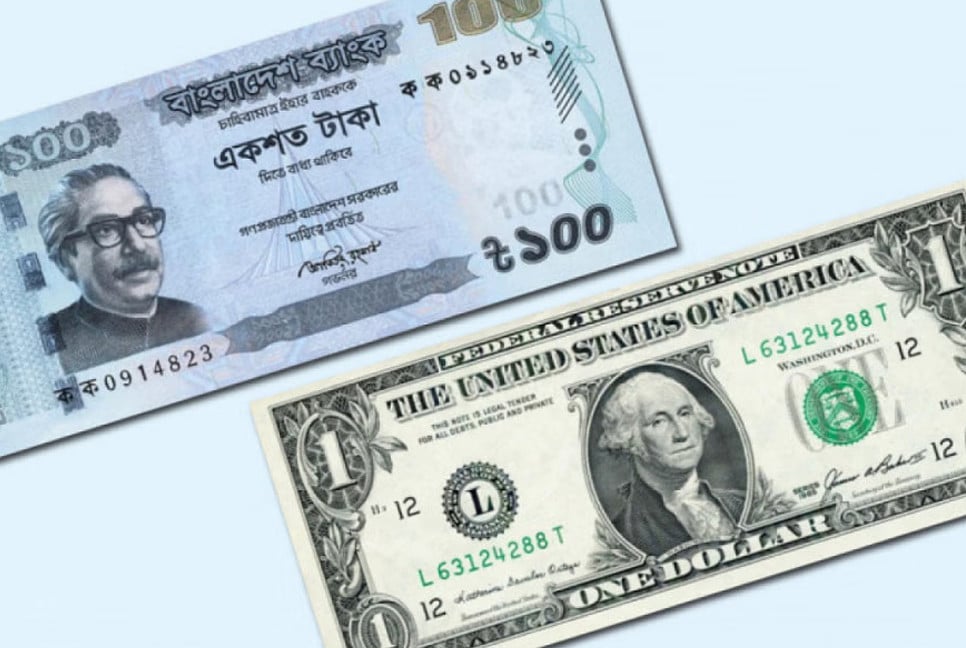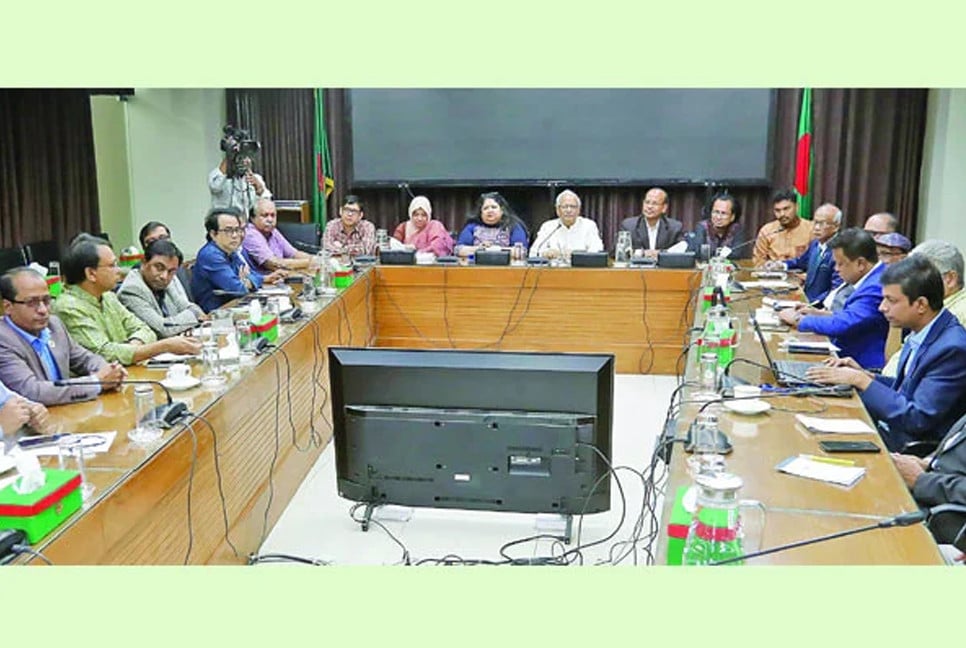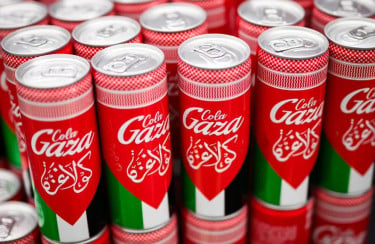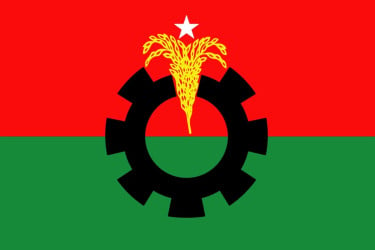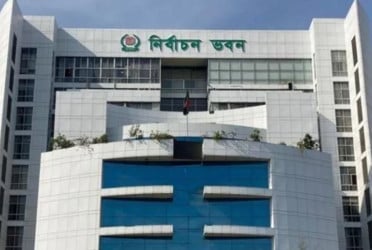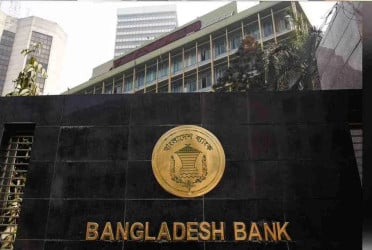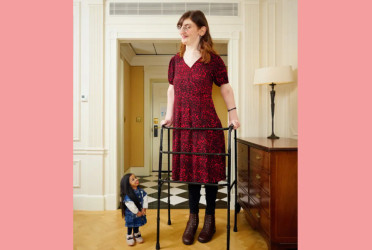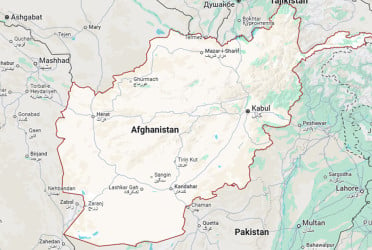Many foreign banks are now hesitant to accept letters of credit (LC) from Bangladeshi banks, despite a recent improvement in dollar liquidity within the country. While the increased dollar supply has eased pressures related to import liabilities and foreign debt repayments, local banks remain cautious about engaging in foreign trade.
Foreign institutions have cut credit limits, making it difficult for country’s banks to open new LCs. Most guarantees for LCs in Bangladesh come through banks from Middle East, with some backing from major banks in India and Europe. However, Bangladesh’s poor rating and the instability within country's banking sector have led to heightened reluctance among foreign banks.
A senior official from a private bank noted that although dollar availability has improved compared to a year and a half ago, the fragile state of some local banks is tarnishing the country's reputation abroad. For this, foreign banks are reducing credit limits and restricting LC openings, contributing to a downturn in import demand amid ongoing economic stagnation.
Due to the dollar crisis, some foreign banks have reduced the credit limit for Bangladeshi banks for two years. Recently the situation has become more critical. Due to disbandment of 11 private bank boards, liquidity crisis and various negative campaigns, many foreign banks are not accepting LCs of some banks in Bangladesh. The credit limit has also been reduced for those banks that have good financial standing. Banks of the country have to pay additional commission or fee for opening LC, said the concerned.
Banks of Bangladesh have the most business with UAE-based Mashreq Bank in terms of imports as 'Third Party Guarantee'. The dominant bank in the Middle East is the LC guarantor of most of the banks in Bangladesh.
Due to politics as well as instability in the banking sector, the bank has closed the credit limit of many banks in the country. Some other banks in the Middle East including India, Singapore, Saudi Arabia, Emirates have reduced the loan limit, said bank executives. Among European banks, Germany's Commerce Bank has the most business with Bangladesh. That too are not taking LC of some banks of the country.
A true picture of the country's dollar flow and foreign trade situation is available in the 'Balance of Payments' report, known as BOP. According to the latest report of BOP prepared by Bangladesh Bank, the current year 2024-25 has become normal. In the first two months of the fiscal year 2023-24, the import expenditure of the country was 1003 crore dollars. In the first two months of the new financial year, this expenditure has come down to 991 crore dollars. In this case, the cost of import decreased by 1.2 percent.
Despite the decline in imports, the growth in export earnings in the first two months of the current financial year has been 2.25 percent. In the first two months of the fiscal year 2023-24, the export earnings were $698 crore, which has increased to $716 crore in the current fiscal year. And in the first two months of the current financial year, remittance or expatriate income has increased by 15.8 percent. The government's current account returns to surplus as dollar inflows increase relative to spending.
In the first two months of the last fiscal year, there was a deficit of $610 million in the current account, but there was a surplus of $110 million in the same period of the current fiscal year. The country's financial account deficit has also decreased in the current financial year. In all, the BOP deficit at the end of August was $139 crore. In the first two months of the last financial year, the deficit in BOP was 169 crore dollars.
A review of Bangladesh Bank data shows that import LC opening has decreased by 12.96 percent in the first two months of the current financial year and import of capital equipment decreased by 43.1 percent. And in the first two months to August, LC settlement of imports fell by more than 13 percent.
(Translated by Tanvir Raihan)

